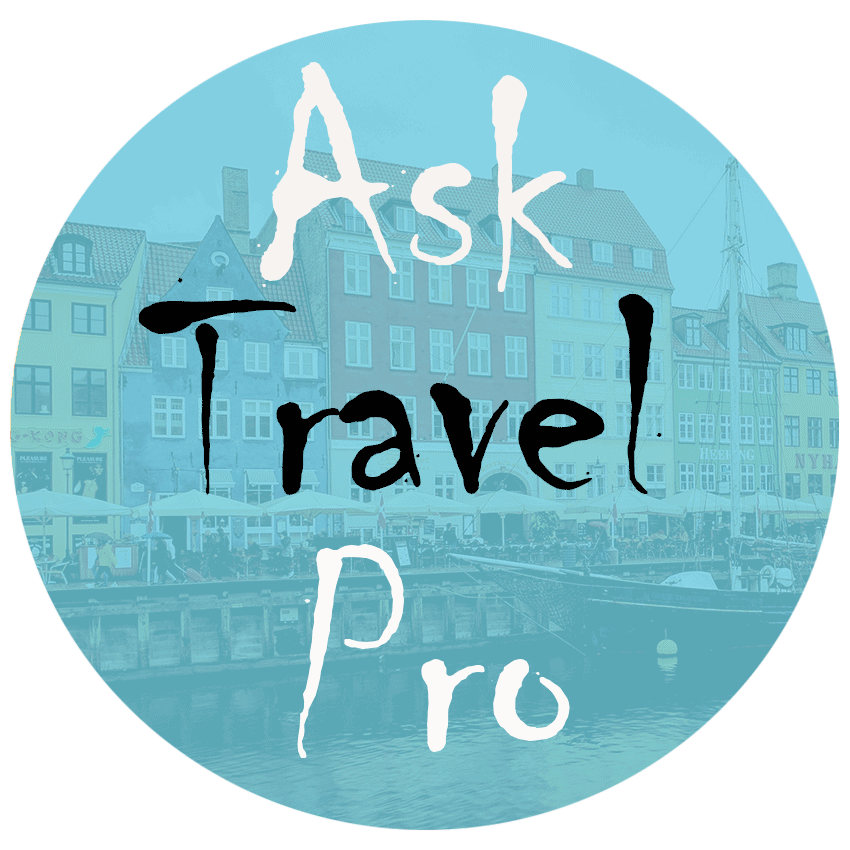When talking about planning the trip ahead, oftentimes we think of booking hotels, packing suitcases and making “things-to-do” or “places-to-see” lists. But there are more little things that would not take much time, but would definitely make any trip abroad more smooth and enjoyable. Here is the list (and you can always add your own little secrets!)
Before you hit the road
1. Money and Math
Check the exchange rate for your currency and try to come up with a simple formula that is easy to remember and apply when deciding how much that purchase will cost you. It doesn't have to be exact, it can be rounded for easy mental math.
2. Make your credit card work
Call your bank and set up travel notifications for the credit cards that are going with you. Otherwise they will not work overseas. You might want to take one debit card with some limited balance available, to use at an ATM for cash withdrawal. Cash advances on credit cards usually have high fees. Some credit card issuers do not operate in certain countries and it is better to find out before you get there with a wrong card. And last, but not the least: write down either on your phone or in paper notebook both credit card number and call collect number that is written on the back of the card. Store this information in some secure place, but not in the wallet. This way, if your credit card ever gets lost or stolen, you will be able to immediately call the bank and block affected account. Otherwise you won’t know the number to call since it will be on the back of the stolen card...
3. Juice for your devices
Check what type of electrical outlets are used in your destination(s). They come in quite different shapes and may produce different voltage. So North American electrical plug won't fit into a European outlet and a European plug will be of no use in Great Britain. Get either a universal travel adapter or a specific adapter for the country you are going to visit.
4. Stuff your devices wisely
Thank Silicon Valley guys for our smartphones! They come very handy during travel!
Before you go, take a couple minutes and download offline maps of the places you are going to. Use either Google maps or Maps.me apps – both will save you a lot of time and struggling with finding your way later on.
5. (continuation of number four)
Download an offline dictionary with the language of your destination(s). Plus, make sure that you have installed and know how to use the “camera dictionary” option on your phone. Using this option, when you aim the phone camera on a foreign text it does the translating for you, leaving you to read it on the screen already translated into your native language. It is quite useful for reading restaurant menus or door signs and many other texts.
6. Install local apps
Nowadays there are smartphone apps for almost everything. You may get a good use of a local transportation provider app. For example, the Italian railway system “TrenItalia” has an app with a train schedule, “Paris metro” will be of huge help while getting around Paris, with “Copenhagen city card” you will get maps for train, metro and city bus, and so on... There are currency exchange apps (in case if you did not have a time to complete tip #1) and even toilet finder apps for many cities. Most of them, if not all, are free to download.
7. Old-times paper notebook is still the winner!
Get into the habit of carrying a small paper notebook and pen with you. This way if your smartphone's battery went dry or for any reason it does not work properly, you can always ask a salesperson to write down the price or ask a passerby to draw a way to the railway station (be creative with gestures when talking to people when you do not speak their language!).
8. It's never late to learn!
Remember the last phrase of tip #7? Yes, about gestures and all. Well, you can bet this way of communication is a great deal of fun, like playing a party game called “charades”. But what if we take communication to the next level and try to add some words to your repertoire? I understand that not everyone has the time and mental capacity to learn a foreign language to full proficiency in a short time. But 20-30 essential words and phrases will make a huge difference between wordless observer and beginner communicator. Wouldn't it be nice to be able to say “hello” and “goodbye” and thank people in their native language? Isn't it useful to be able to open the door in the right direction, reading signs “push” and “pull” correctly? Or, when you desperately need a bathroom and are asking someone for directions to the nearest one, would it help you to distinguish “to the right” from “to the left”? Spend 10-15 minutes a day for 2-3 weeks and you will see the difference.
Want to know more about quick language learning resources? Than read: Communications
9. Break in your shoes.
You will wear them every day and you will walk a lot. So do your feet a favor and treat them with the right kind of shoes. And toss some blister pads or moleskin into your day bag – just in case things are getting rough. Happy feet mean happy traveler!
10. Stay happy!
Do not worry. Be open to whatever happens during your travel. You are well-prepared for predictable events, but life is life and anything might happen. Life is an adventure and adventures should be fun. During our family’s travels we have been in the situation when our flight was so late that we missed the connecting flight. It was a nice opportunity to see Oslo – if we hadn't been delayed, we might never have gotten to see this beautiful city. Another time, a flight connection did not work out, so we took a train ride and were adoring the Czech countryside. Yet another time, we arrived in Florida and it turned out that our hotel booking was oversold to other people. We found another hotel that was less pricey. One time in a rented apartment in Budapest we accidentally had locked all the keys inside. This happened a long time ago when there were no smartphones. We had to call our host from the public phone, but he only spoke Hungarian and we did not know a word. Now this humorous story goes around in our family: how I was laughing hysterically, waiting outside the phone box under the rain with two little children, while my husband was trying to explain the situation over the phone to the person who did not understand any of the languages he tried to use. We ended up with something like “Bang! Bang!Ay-ay-ay!” and repeating the apartment address. In the end, it worked!
So whatever happens, take it with a positive attitude. Happy travels!

